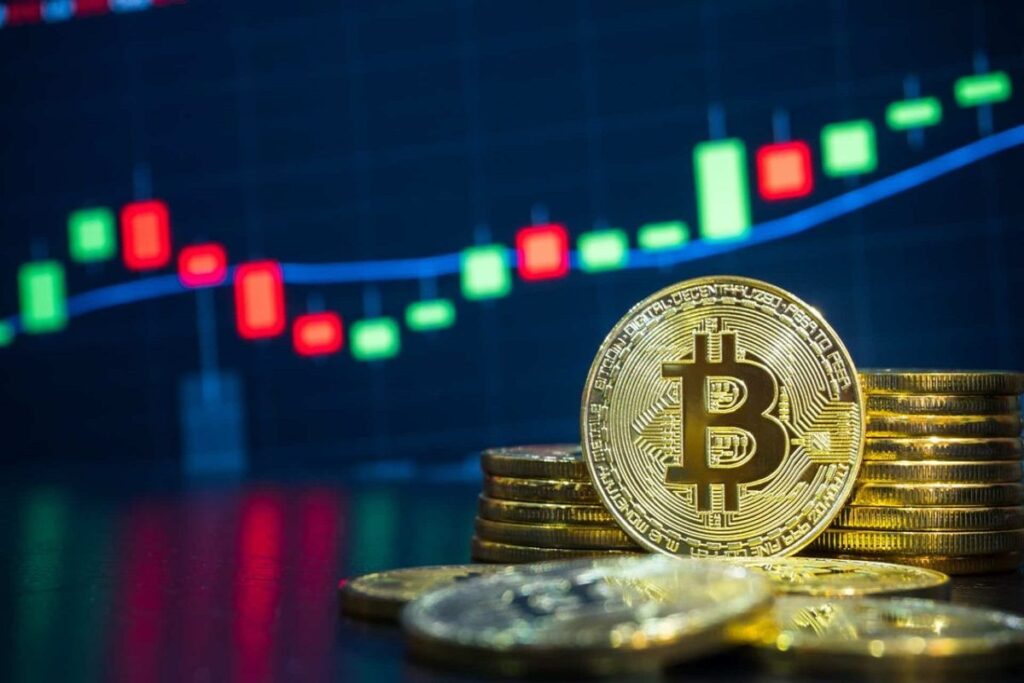The Global crypto market remained turbulent as it went down the crucial $1 trillion cap level to end the month of August. Biggest digital assets like Bitcoin (BTC) and Ethereum (ETH) went down by 13% and 6% respectively over the past month.
Bitcoin holds bad trading record in September
Experts hints that the month of September is also going to be a volatile period for the crypto market. According to a Bloomberg report, September has been one of the worst months for Bitcoin historically. BTC has registered a drop in every September since 2017.
As per the report, Bitcoin prices registered an average drop of 8.5% in September for the last 5 years. However, Ethereum also showed a tendency to suffer in the same period.
ETH price jumped only a quarter of the time as it averaged a double digit percentage drop. Meanwhile, the most awaited ETH merge is to take place in the middle of this month.
What are the major factors?
The report suggests that the risk remains to the downside. Investors might see a bit more of a downside in the market. While the crypto market has behaved in line with the US stock market all this year. As the correlation between the two markets remains strong, September tends to be a tough month for the equities also.
The last phase of this year might not prove different for the traders and investors as they still await the Fed’s policy meeting for this month. Bitcoin prices traded in a distorted manner all over the year as the FED reserves and the central bank raised key interest rates. However, these actions were taken in order to tackle historic inflation.
Bitcoin price dropped by more than 60% this year while Ethereum has managed to surge over the past few weeks. The recent surge in ETH price has been in anticipation of the merge. It is expected that upgrades will bring clarity to its value proposition.
The presented content may include the personal opinion of the author and is subject to market condition. Do your market research before investing in cryptocurrencies. The author or the publication does not hold any responsibility for your personal financial loss.

